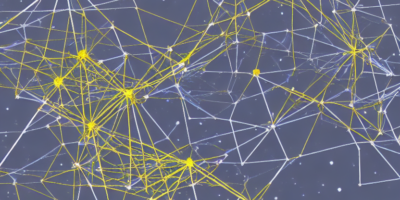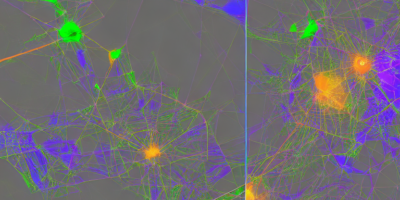In medical image registration, accuracy is crucial to ensure proper diagnosis and treatment. However, the optimization process often struggles with non-uniform error distributions, leading to biased results. To address this issue, researchers propose adaptive weighting schemes that dynamically adjust the importance of the data fidelity term based on the relative signal-to-noise ratio (SNR) of each image patch. By weighing the data fidelity term more heavily when the SNR is low, these schemes can improve registration accuracy and reduce the impact of undersampling.
The proposed adaptive weighting schemes are based on the idea that the error residuals in medical image registration have a non-uniform distribution. While the traditional approach relies solely on the data fidelity term to optimize the registration process, this new method incorporates a regularization term to account for the heteroscedastic nature of the errors. By adaptively weighting these terms throughout optimization, the proposed schemes can better handle the non-uniform error distributions and improve registration accuracy.
In this paper, two different adaptive weighting schemes are presented: AdaReg and AdaFrame. AdaReg uses a scalar hyperparameter to adjust the data fidelity term based on the SNR of each image patch, while AdaFrame applies a more sophisticated approach by using a learnable neural network to estimate the optimal weights. Both schemes demonstrate improved registration accuracy compared to traditional methods.
The proposed adaptive weighting schemes have important implications for medical image registration. By improving the accuracy of registration, these schemes can help diagnose and treat medical conditions more effectively. Additionally, the use of adaptive weighting schemes can reduce the computational cost of registration by optimizing the optimization process.
In summary, this paper presents a novel approach to medical image registration that addresses the issue of non-uniform error distributions. By adaptively weighting the data fidelity term based on the SNR of each image patch, the proposed schemes can improve registration accuracy and reduce computational cost. These findings have important implications for diagnosis and treatment in medicine and highlight the potential of adaptive weighting schemes in medical image registration.
Electrical Engineering and Systems Science, Image and Video Processing
Adaptive Weighting Schemes for Heteroscedastic Noise in Medical Image Registration



